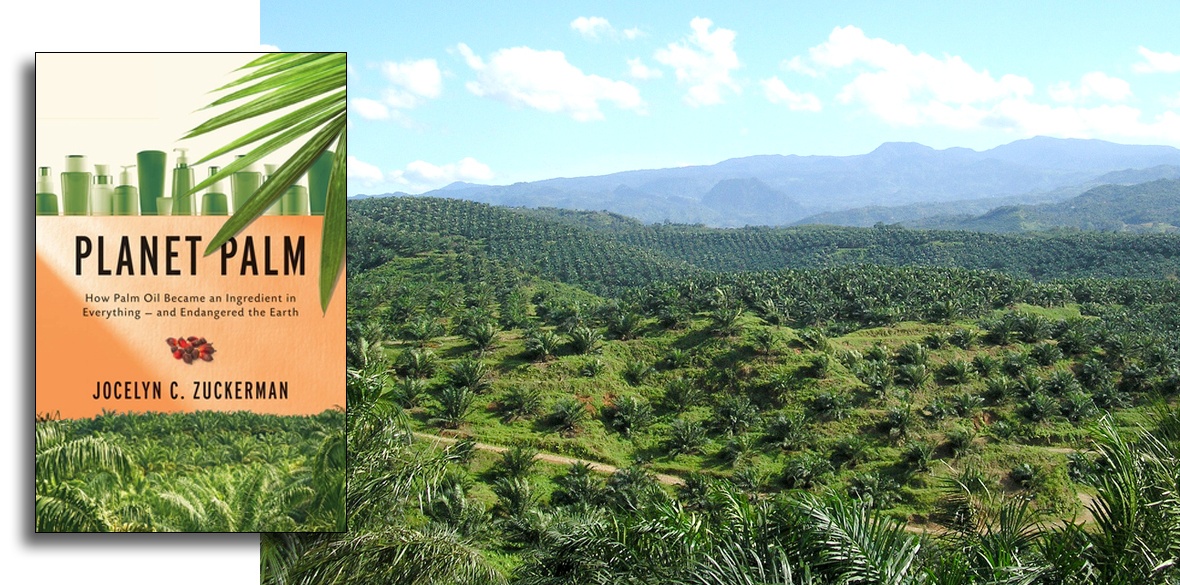This is the last article you can read this month
You can read more article this month
You can read more articles this month
Sorry your limit is up for this month
Reset on:
Please help support the Morning Star by subscribing here
Planet Palm
by Jocelyn C Zuckerman
(Hurst, £20)
THE TITLE of this book gives a strong sense of the ubiquity of palm products today: its oil is the most widely used vegetable product on the planet and accounts for a third of all vegetable oils.
It’s found in processed foods — margarine, confectionery, ready meals, snacks — and also in cosmetics, cleaning products, animal feed and biofuels. Palm oil is cheap to produce, stable in processing and has a long shelf life.
Indonesia and Malaysia produce 90 per cent of the world’s palm oil and to facilitate the proliferation of oil palm plantations, Indonesia has destroyed 60 million acres of rain forest — equivalent in size to Britain — between 2001 and 2017 alone. Malaysia’s figure is 20 million acres in the last 20 years, with the destruction continuing apace.
Journalist Jocelyn C Zuckerman has written a well-researched and readable history of palm oil production, highlighting the huge and pervasive problems caused by the industry today. Much of the evidence is gathered from workers and activists around the world and while full justice is given to the serious subject matter, the writing is engaging and enlivened by a dry sense of humour.
Following the abolition of the slave trade, British merchants turned their attention to palm oil, whose trade had always been controlled by African chiefs. Britain carved out a colonial sphere of influence in the Niger delta, taking control of the trade with the energetic assistance of Sir George Goldie, whose wheeling-dealing career is amply described.
Moving forward to the late 19th century, Zuckerman charts the career of William Lever who, as a soap manufacturer in Port Sunlight, realised it would be an advantage to control the entire supply chain of soap’s ingredients and was granted 1.8 million acres of the Belgian Congo for oil palm plantations. Unilever is still one of the world’s largest users of the resource.
The appalling treatment of workers following the introduction of oil palms to south-east Asia is graphically described, with the attitude of colonial administrators and businessmen apparent from selected quotations, many of them eye-wateringly racist.
Today, palm oil production lies at the heart of major global problems — environmental damage, climate change, the lack of rights of indigenous peoples, labour abuses, obesity and malnutrition. Each of these issues is examined through investigative reporting based on interviews with people at every level of the industry and with activists from Greenpeace, Eyes on the Forest and other campaign groups.
Zuckerman exposes the high level of corruption between officials in national and local governments with industry bosses, that ensures laws can be circumvented and blatantly ignored and describes measures taken to greenwash their activities.
Shocking facts and figures are presented which highlight the damage this monoculture is doing to the planet, its people, flora and fauna.
Planet Palm uncovers the massive reach of the palm oil industry and the global disasters it has contributed to. But it ends on a positive note, suggesting possibilities for improving the current situation and making a plea for change to a more sustainable and equitable future.









